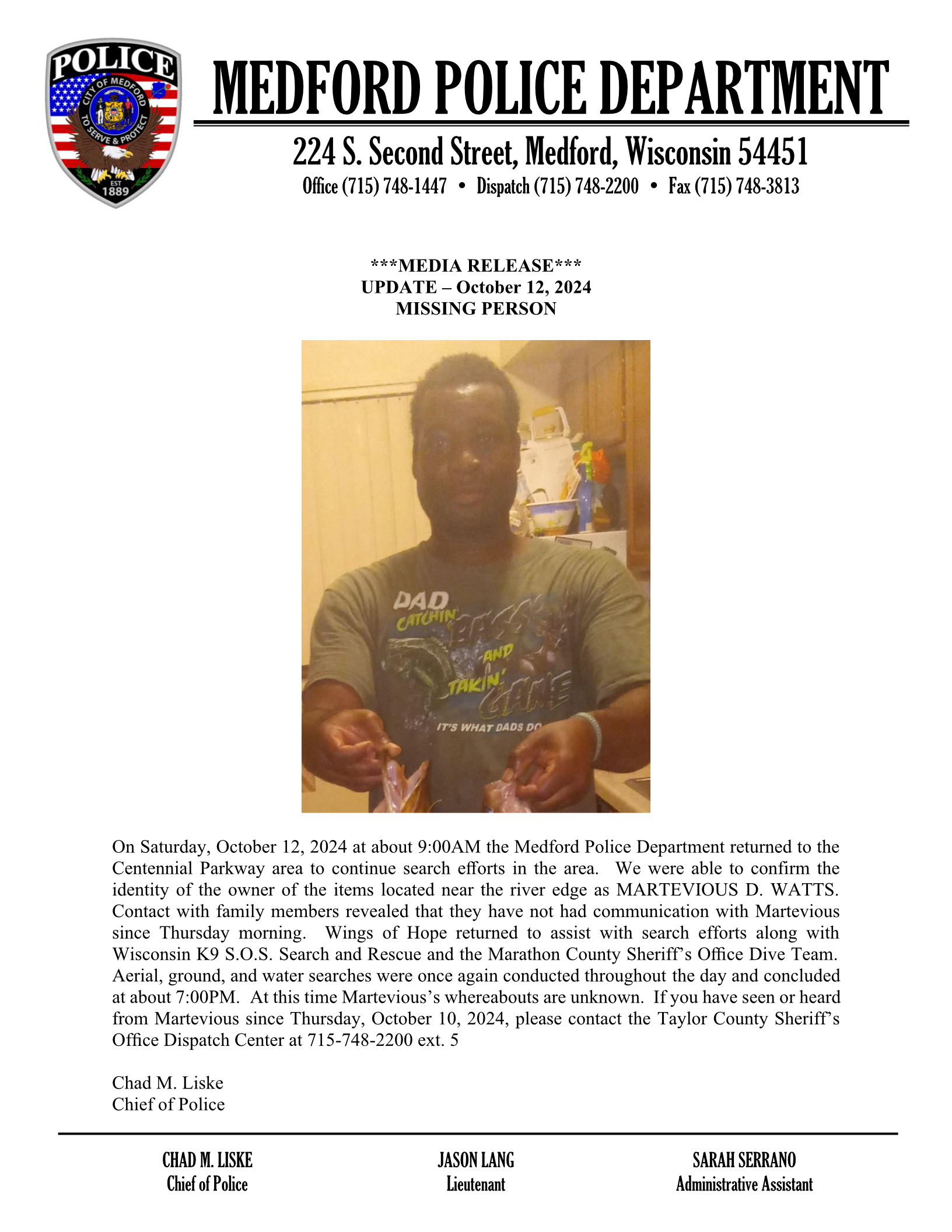Protect yourself from being the victim of identity theft
According to a recent study, more than 15 million U.S. consumers were victims of identity theft in 2016, up from nearly 2.4 million victims in 2015. As identity theft continues to be a major threat, the Wisconsin Bankers Association is offering tips to help consumers proactively protect their information from identity thieves.
In honor of National Cybersecurity Awareness Month this October, Wisconsin’s banking industry offers the following tips to help consumers protect themselves from becoming a victim of identity theft:
• Don’t provide Social Security numbers or account information to anyone who has contacted you online, or over the phone. Protect PINs and passwords, and do not share them with anyone. Use a combination of letters and numbers for passwords, and change them periodically. Do not reveal sensitive or personal information on social networking sites.
• Shred receipts, banks statements and unused credit card offers before throwing them away.
• Keep an eye out for missing mail. Fraudsters look for monthly bank or credit card statements, or other mail containing financial information. Consider enrolling in online banking to reduce the likelihood of paper statements being stolen. Also, don’t mail bills from your own mailbox with the flag up.
• Use online banking to protect yourself. Monitor financial accounts regularly for fraudulent transactions. Sign up for text or email alerts from a bank for certain types of transactions, such as online purchases or transactions of more than $500.
• Monitor credit reports. Order a free copy of your credit report every four months, from one of the three credit reporting agencies at annualcreditreport.com.
• Protect computers. Make sure the virus protection software on your computer is active and up to date. When conducting business online, make sure the browser’s padlock or key icon is active. Also, look for an “s” after the “http,” to be sure the website is secure.
• Protect mobile device. Use the passcode lock on your smartphone and other devices. This will make it more diffi cult for thieves to access information if the device is lost or stolen. Before donating, selling or trading a mobile device, be sure to wipe it, using specialized software or using the manufacturer’s recommended technique. Some software allows you to wipe your device remotely if it is lost or stolen. Use caution when downloading apps, as they may contain malware, and avoid opening links and attachments – especially for senders you don’t know.
• Report any suspected fraud to your bank immediately.
To learn more on how to protect yourself from a variety of cybersecurity threats, visit wisbank.com/cybersecurity.



